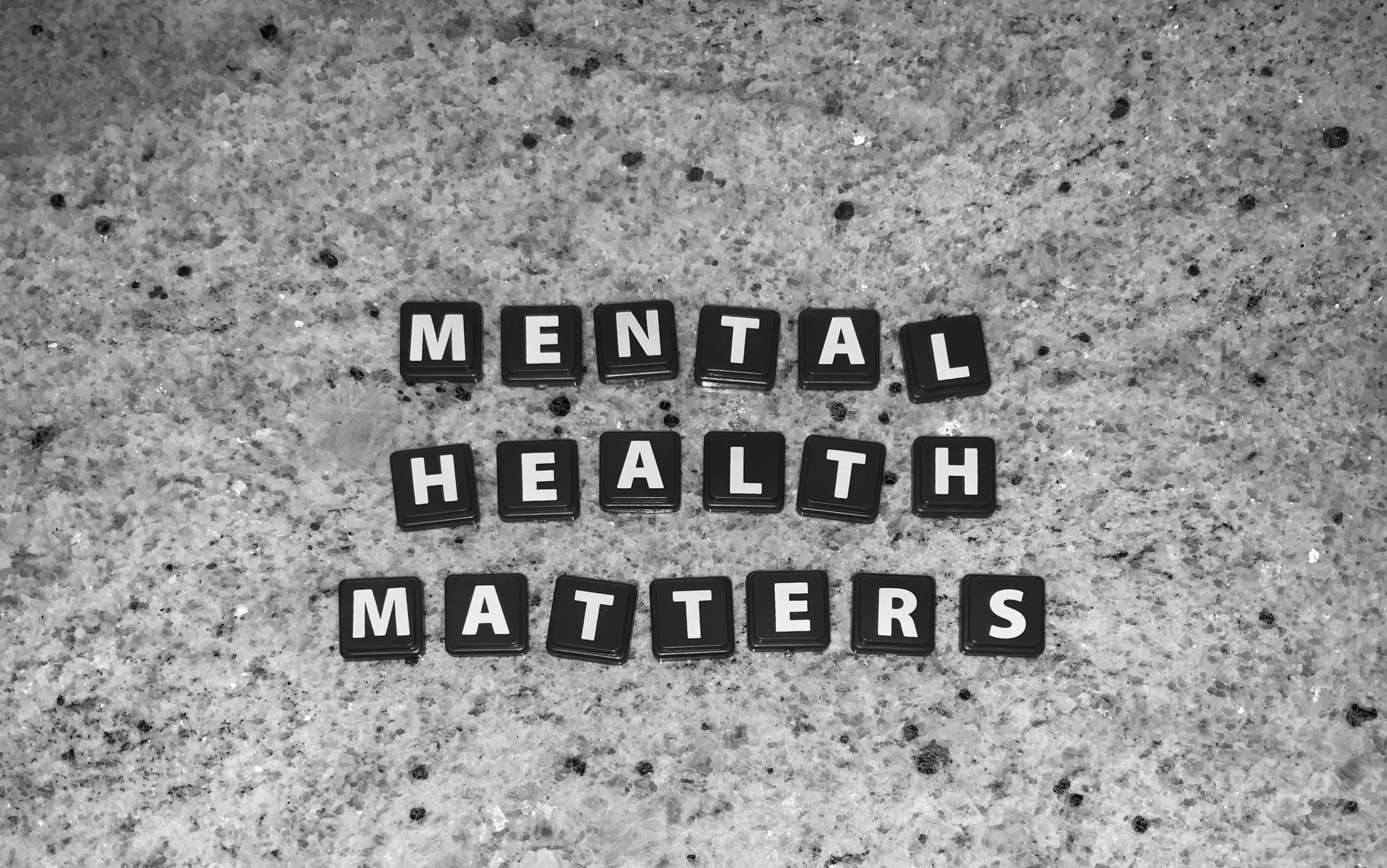About the Author:
Hi everyone! I’m Dr. Amelia Lee, a licensed clinical psychologist with over 15 years of experience helping individuals navigate life’s challenges. Today, I’m excited to share practical tips on building mental resilience, a crucial skill for navigating stress, setbacks, and personal growth.
What is Mental Toughness?
Imagine a world where challenges don’t break you, but instead, make you stronger. That’s the power of mental toughness. It’s not about being invincible or ignoring problems; it’s about possessing the psychological strength to bounce back from adversity, manage stress effectively, and maintain a positive outlook in the face of difficulty.
Think of mental toughness like a muscle. The more you train it, the stronger it becomes. By developing this inner strength, you’ll be better equipped to handle whatever life throws your way.
Why Does Mental Toughness Matter?
Life is full of ups and downs. From work deadlines and financial worries to relationship challenges and unexpected losses, we all face obstacles. Mental toughness equips you with the tools to navigate these challenges constructively. Here’s how:
- Increased Stress Management: When faced with stressful situations, mentally tough individuals don’t crumble. They possess the ability to stay calm, think clearly, and develop effective coping mechanisms.
- Enhanced Emotional Regulation: Mental toughness fosters a healthy relationship with emotions. You’ll learn to manage difficult emotions like anger, frustration, or sadness in a healthy way, preventing them from derailing you.
- Greater Confidence & Self-Esteem: Overcoming challenges builds self-belief and strengthens your confidence in your abilities. As you navigate obstacles and bounce back from setbacks, you’ll develop a sense of “I can do this!”
- Improved Adaptability & Flexibility: Life rarely goes according to plan. Mental resilience fosters a willingness to adapt to change and navigate uncertainties with a positive and proactive approach.
- Faster Recovery from Setbacks: Setbacks are inevitable, but they don’t have to define you. Mental toughness allows you to learn from your mistakes, pick yourself up, and move forward with greater determination.
Building Your Mental Muscles: Key Strategies
Developing mental toughness is an ongoing process, but it’s definitely achievable. Here are some key strategies to get you started:
Fostering Optimism and a Growth Mindset: Optimistic individuals believe in their ability to overcome challenges and achieve their goals. Cultivate a “growth mindset,” where you view challenges as opportunities to learn and grow.
Cultivating Self-Compassion & Emotional Regulation: Be kind to yourself. Acknowledge your struggles, but don’t dwell on them. Practice healthy coping mechanisms like mindfulness meditation, deep breathing exercises, or journaling to manage difficult emotions.
Building Strong Support Networks: Surround yourself with positive and supportive people who believe in you. Confide in friends, family members, or a therapist who can offer encouragement and guidance during challenging times.
Embracing Challenge & Finding Meaning in Difficulty: Not all challenges are negative. View them as opportunities for growth and learning. Try to find meaning in difficult situations.

The Bounce Back Action Plan: Putting It All Together
Now that you understand the core principles of mental toughness, let’s put them into action. Here’s your personalized bounce back plan:
- Identify Your Stressors: What triggers negative emotions or feelings of overwhelm? Recognizing your stress triggers is the first step towards managing them effectively.
- Develop Coping Mechanisms: What helps you calm down and regain perspective when faced with challenges? Explore relaxation techniques like meditation or deep breathing exercises.
- Challenge Negative Thoughts: Our thoughts can be self-fulfilling prophecies. When faced with negativity, challenge those thoughts and replace them with more positive and empowering beliefs.
- Set Realistic Goals: Set small, achievable goals that will give you a sense of accomplishment and boost your confidence.
- Celebrate Your Wins: Take the time to acknowledge your progress, no matter how small. Celebrate your victories, big and small, to stay motivated.
Common Obstacles and How to Overcome Them
Building mental toughness is a journey, and there will be roadblocks along the way. Here are some common obstacles and tips for overcoming them:
- Fear of Failure: Don’t let the fear of failure hold you back. View setbacks as learning experiences and opportunities to improve.
- Negative Self-Talk: Challenge negative self-talk and replace it with self-compassionate and encouraging affirmations.
- Lack of Motivation: Sometimes, finding the motivation to push forward can be tough. Set small, achievable goals and reward yourself for reaching them.
- Social Comparison: Don’t compare your journey to someone else’s. Focus on your own progress and celebrate your unique achievements.
- Perfectionism: Striving for perfection can be paralyzing. Embrace the idea that progress, not perfection, is the key to growth.
Beyond Bounce Back: Cultivating Ongoing Resilience
Building mental toughness is a lifelong practice. Here are some tips for cultivating ongoing resilience:
- Practice Gratitude: Taking time to appreciate the good things in your life, big or small, can significantly boost your mood and overall well-being.
- Maintain a Healthy Lifestyle: Getting enough sleep, eating a balanced diet, and exercising regularly all contribute to mental and physical well-being, which strengthens your resilience.
- Step Outside Your Comfort Zone: Challenge yourself to try new things and embrace opportunities for personal growth, even if they feel scary at first.
- Seek Professional Help: If you’re struggling to cope with challenges on your own, don’t hesitate to seek professional help from a therapist or counselor.
Conclusion: Your Path to a Stronger, More Resilient You
Building mental toughness is an investment in yourself. By incorporating these strategies into your daily life, you’ll develop the inner strength and resilience to navigate life’s challenges with greater ease and emerge stronger on the other side. Remember, setbacks are inevitable, but they don’t have to define you. Embrace the challenges, learn from your experiences, and bounce back better than ever before. You’ve got this!










